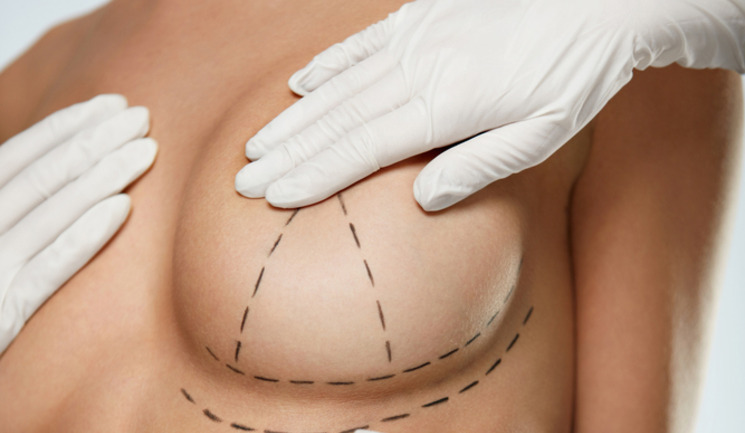
Cosmetic surgery is becoming a nor undertaking. From time to time, getting “work done” becomes more accessible and more acceptable. we want to treat aging as a disease.
In 2002-3, the British Association of Aesthetic Plastic Surgeons carried out 10,700 procedures. Ten years later, they carried out 50,000 procedures of which the most common was breast augmentation.
The association’s members carry out only about a third of cosmetic procedures in the UK, so the total number is much higher. people have denied their natural body anatomy and now they want more. lips with fillers, artificial eyelids, breast and bum augmentations, the list is endless.

But even so, the UK are not in the global premier league of body modification, which is the US, Brazil, Japan and South Korea. In the US, there were more than 10 million cosmetic procedures performed in 2015.
One South Korean survey found that more than 60% of women in their late 20s and 40% of women in their early 20s had had a cosmetic procedure.
There is increasing pressure to look young and beautiful, especially for women, who are still more likely to be judged on appearances, particularly in the workplace. The media is full of makeover programmes glamorising cosmetic surgery and celebrities who look ever more perky. Subliminally and not so subliminally, our culture is changing how humans feel they should look. People believe they will be happier and more successful if they conform more closely to these cultural norms.

Overall, 85% of people who have cosmetic surgery are women. Most of those women will be trying to appeal to men. So we men must ultimately take the blame. We undermine women’s self-esteem. And then we make money out of that dissatisfaction.
There is a known psychological condition called body dysmorphia disorder (BDD), and several studies suggest that about 10% of people who go for cosmetic surgery have this condition.
As well as psychological issues, there are also health issues. Maybe you remember the recent scare about Poly Implant Prothese, where breast implants were filled with the wrong sort of silicone. But there are adverse events associated with many procedures. While cosmetic surgery is mostly conducted in the private sector, correcting complications often generates costs for the NHS.

So it seems to me that it would be preferable to solve the body image problem with psychological and cultural actions, rather than medical or surgical fixes. Rather than normalizing cosmetic procedures, maybe we should show many kinds of beauty.